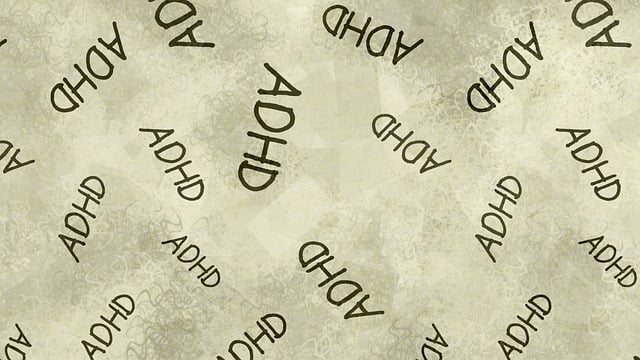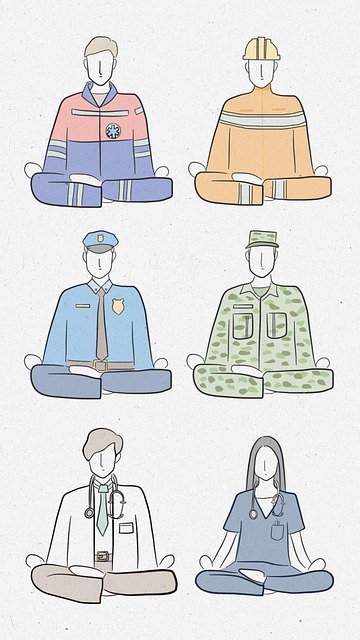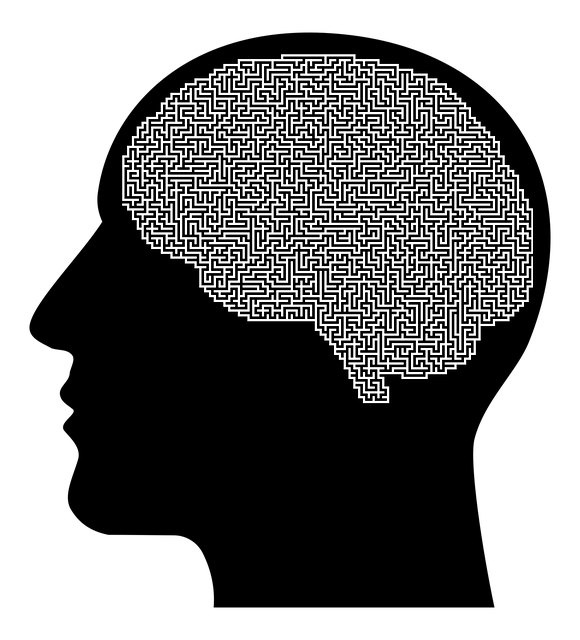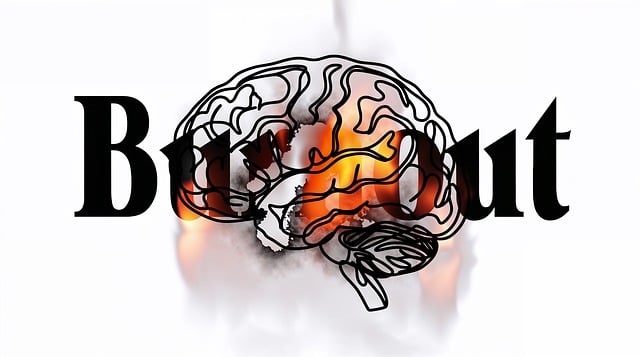The stigma around mental illness significantly hinders young children with chronic conditions from accessing necessary therapy, leading to shame, isolation, and deterrence. Mental wellness coaching programs focused on stigma reduction create supportive environments, promote cultural sensitivity, and encourage open conversations about mental health. Early intervention through education empowers kids to recognize and manage their emotions, reducing the risk of chronic illness onset. Community engagement, including peer-led groups and public awareness campaigns, dispel misconceptions and provide safe spaces for affected individuals, ultimately enhancing overall community well-being and improving access to therapy for young children with chronic illnesses.
Mental illness stigma remains a significant barrier to treatment, with severe consequences on individual well-being. This article explores four key strategies to reduce mental health stigma: understanding its profound impact on those affected, early intervention through education targeting young children, integrating therapy as a vital tool in chronic illness management, and fostering community engagement and support networks. By addressing these aspects, we can create a more inclusive society that encourages open conversations about mental health and promotes effective treatment-seeking behaviors.
- Understanding Stigma and Its Impact on Mental Health
- Targeting Young Children: Early Intervention and Education
- The Role of Therapy in Chronic Illness Management
- Community Engagement and Support Networks for Stigma Reduction
Understanding Stigma and Its Impact on Mental Health

Stigma surrounding mental illness can have profound effects on individuals’ well-being, especially young children grappling with chronic conditions. It often manifests as negative attitudes and beliefs that contribute to shame, isolation, and even deterrence from seeking essential support and treatment. When unaddressed, this stigma can hinder progress in therapy and impact the overall effectiveness of mental health interventions for kids.
Mental wellness coaching programs and initiatives focused on reducing stigma play a pivotal role in fostering a supportive environment. By promoting cultural sensitivity in mental healthcare practice, these efforts acknowledge the diverse nature of experiences and beliefs. This approach ensures that strategies to combat stigma are inclusive and respectful, catering to various demographics. In turn, it encourages open conversations about mental health, breaks down barriers, and paves the way for improved access to care.
Targeting Young Children: Early Intervention and Education

Stigma around mental illness often begins at a young age, making early intervention and education crucial. Targeting children with therapy and supportive environments can significantly impact their understanding and acceptance of mental health challenges. By introducing concepts like self-care routine development for better mental health, professionals can empower kids to recognize and manage their emotions effectively. This proactive approach not only fosters resilience but also reduces the risk of chronic illness onset in later life, as anxiety relief strategies become integral parts of their daily lives.
Incorporating mental health education into school curricula and community programs ensures that young individuals develop essential coping mechanisms and empathy towards peers with invisible struggles. Early awareness enables better risk management planning for mental health professionals, allowing them to identify issues promptly and provide appropriate support. This collective effort can lead to a more compassionate society where mental illness is met with understanding rather than judgment.
The Role of Therapy in Chronic Illness Management

Therapy plays a pivotal role in managing chronic illnesses, especially among young children. It provides them with tools to cope with their conditions and navigate the challenges that often accompany long-term health issues. Through therapy, young patients can develop strategies to manage pain, anxiety, or the emotional weight of their illness, enhancing their overall well-being.
For instance, compassion cultivation practices have shown promise in helping children build resilience. Additionally, conflict resolution techniques can be instrumental in managing stress and fostering healthier relationships, which is crucial for maintaining mental health alongside chronic physical conditions. By addressing these aspects, therapy contributes significantly to burnout prevention, ensuring that both the child and their family can navigate the complexities of chronic illness with greater ease.
Community Engagement and Support Networks for Stigma Reduction

Community engagement plays a pivotal role in stigma reduction efforts related to mental illness. By fostering open dialogues and organizing educational initiatives, communities can dispel misconceptions and promote understanding. Support networks, such as peer-led groups and local advocacy organizations, serve as safe spaces where individuals affected by mental health challenges—including young children struggling with chronic illnesses—can find support and encouragement. These networks empower individuals to share their stories, fostering empathy and challenging stigmatizing attitudes.
Public awareness campaigns developed with emotional intelligence at the core can significantly contribute to stigma reduction. By highlighting personal narratives and emphasizing resilience, these campaigns humanize mental illness, encouraging compassion rather than judgment. Moreover, promoting self-care practices within communities can mitigate stigma by emphasizing the importance of overall well-being. This holistic approach not only benefits individuals dealing with mental health issues but also fosters a more inclusive and supportive societal environment.
Mental illness stigma, a pervasive barrier to treatment, can be significantly reduced through multifaceted efforts. By educating young children about mental health and providing early intervention therapy, we can foster empathy and break down stereotypes. Integrating community engagement and support networks further strengthens these initiatives. The article has explored crucial components, including the role of therapy in chronic illness management, highlighting the comprehensive approach needed to create a more inclusive society. Together, these strategies can lead to improved mental health outcomes for individuals facing various challenges, ensuring that everyone receives the care they need without fear of judgment or stigma.














